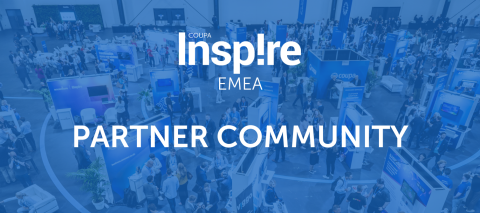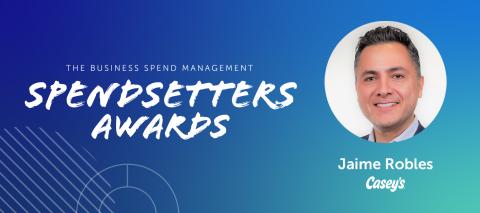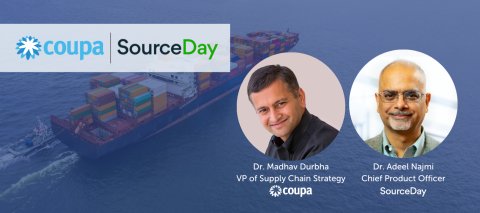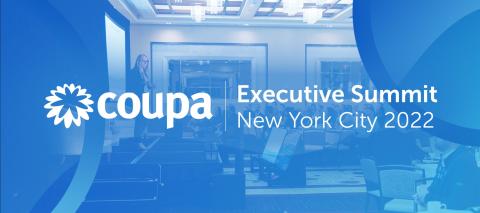Helen Trim
Senior Vice President of Marketing for EMEA and Asia Pacific, Coupa Software
Helen is Senior Vice President of Marketing for EMEA and Asia Pacific regions. She leads the development of the go-to-market strategies and customer acquisition programs required to meet pipeline generation, acceleration and revenue targets for these culturally diverse regions.
Over her 25-yr career, Helen has developed strong entrepreneurial roots from co-founding a number of digital and social media agencies. More recently she has held intrapreneurial leadership roles in disruptive, US SaaS technology businesses. She is a strong believer in balancing the talents of both creative thinkers and data scientists to achieve successful business outcomes.
Helen is a Coupa LevelUp Mentor and an active member of two important Coupa diversity and inclusion initiatives: Illuminate, an LGBTQ+ program and Empower, a women in procurement community that supports breaking down barriers to women’s success in the industry.
Helen is also an advisor at Collider, an accelerator driving the future of marketing and sales technology for startups, corporates and investors.
















